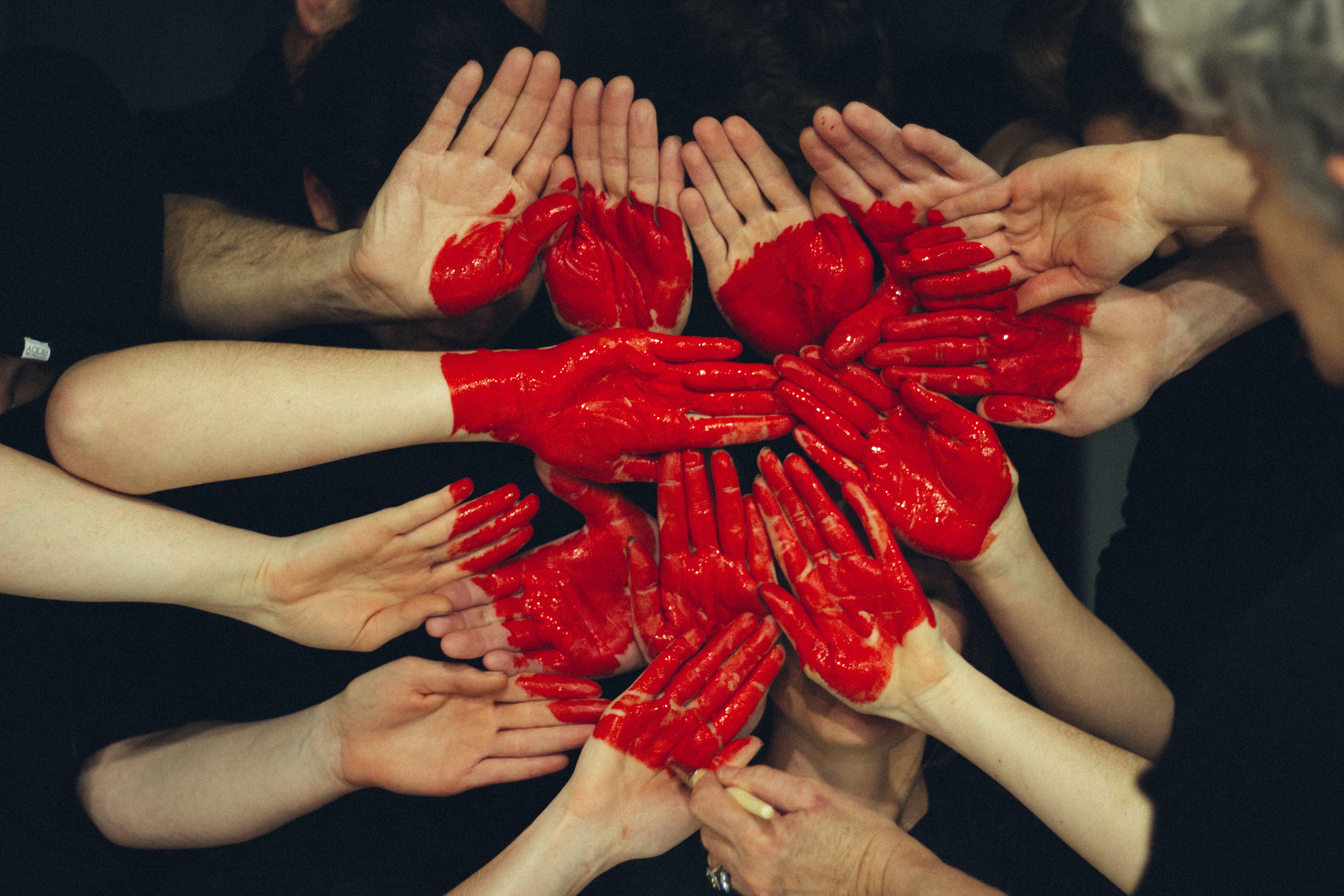
To break down walls and construct real bridges of understanding: what is the role of cultural interaction
He has a blog about the vital and growing importance of culture in international relations. We show you his main thoughts about the modern role of culture in human life.
Culture is organic
This is the main way to identify, describe and differentiate the human societies and communities that makes our world. Culture is very close to the historical heritage and modern understanding of tradition. Culture asks, perhaps, the most important question of our modernity: for whom is my homeland also native, and for whom is it not?
Culture is a significant part of human life
Every aspect of a person’s social existence and individuality is determined by culture. This includes attitudes toward power, politics and economics, values, religion, beliefs, social mores. Culture can divide into ‘one of us’ or ‘other’. Cultural identity is increasingly asserting itself at many local levels.
If we accept culture as a sphere of responsibility, it means to demand its participation in the most important geopolitical issues of our time.
The problems that change life everywhere are cultural. Mistrust and misunderstanding of each other’s values, beliefs and identities are among the main causes of today's problematic international relations.
We urgently need to understand the various cultural perspectives in order to achieve global consensus and global control over major issues such as immigration, refugees, extremism, multiculturalism and marginalization.
The 21st century needs cultural interaction as the basis of its international relations, because the basis of nations is culture.
“Each country must decide how it wants to engage with and be seen by the world in the 21st century – an arena increasingly crowded with competing and sometimes deliberately-misleading information and projections. Cultural diplomacy and cultural relations are a vital tool for that engagement and it is important that any country and any society takes seriously the opportunities and challenges they bring ”, says Simon Williams, director of the British Council in Ukraine.
Nations, including cultural and ethnic groups, must cooperate to solve problems and mobilize around the principles of common prosperity and mutual security.
How?
- Everyone should understand the deep cultural contexts of others.
- You need to build respectful relationships that can lead to shared prosperity and security.
Cultural engagement
Cultural interaction interprets the main current issues of our world. And it unites people of the world - unlike diplomacy, which arbitrates their leaders and institutions. Cultural interaction promotes shared prosperity and security. Participation in cultural life can also ensure that “the projection of our global influence” depends on our values and motives, and not only on government policies.
What cultural interaction can do the best is to break down walls and build true bridges of understanding.
A good example of сultural engagement shows The Czech Centre in Ukraine.
Here are some basic principles of its work:
- Our aim is to make the common dreams of both our countries come true.
- It is important for the Czech Сenter not to be too visible. Artists and art should always speak for us.
- The most important for us is the public of the country where we work in. Сultural dialogue between the countries in which we work is incredibly important.
- It's not about presenting a good name and reputation of our country in Ukraine. It's about listening to the Ukrainian side, understanding its context and sharing with colleagues an interesting Czech experience, although not always positive.
- Our artists or people of the cultural sphere visit regions which weren’t popular to visit earlier. So we work in 10 Ukrainian cities.
- We managed to bring here representatives of cinema industry, theater, journalists, professional philologist, professionals who, in addition to teaching the language, started active cooperation with local activists, the public, and local authorities in Ukrainian cities.
More information about how cultural engagement and diplomacy works you can find here.




